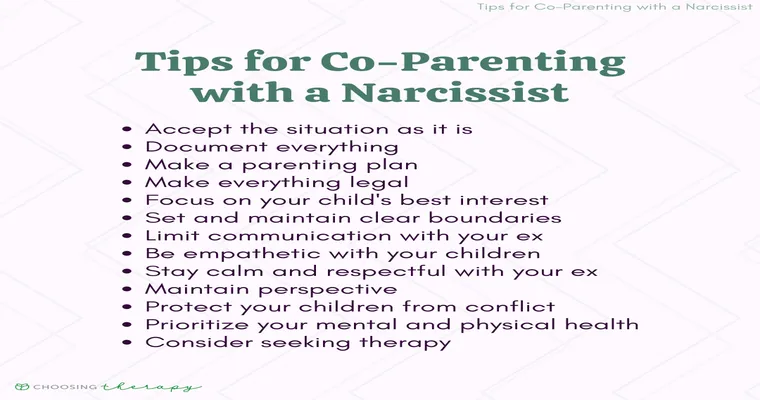Forgiving your "parent" for how they treated you in the past can be one of the most challenging yet liberating experiences in your life. Many individuals carry emotional baggage from their childhood, stemming from negative experiences and "unresolved conflicts" with their parents. This article will explore the importance of forgiveness, the steps to achieve it, and how it can lead to personal "healing".
Understanding the Need for Forgiveness
The journey of forgiveness often begins with acknowledging the pain and hurt caused by your parent's actions. It's essential to recognize that these feelings are valid and can have a lasting impact on your emotional well-being. Holding onto resentment can create a cycle of negativity that affects your relationships, self-esteem, and overall quality of life. By choosing to forgive, you are not only freeing yourself from this burden but also allowing room for "personal growth" and "emotional healing".
Steps to Forgive Your Parent
1. "Reflect on Your Feelings": Start by taking time to understand your emotions. Write down your thoughts and feelings about the experiences that hurt you. This practice can help you gain clarity and acknowledge your pain.
2. "Empathy and Understanding": Try to see the situation from your parent's perspective. Often, parents act out of their own unresolved issues or limitations. Understanding their struggles can foster empathy and make it easier to forgive.
3. "Set Boundaries": Forgiveness does not mean you have to tolerate repeated harmful behavior. Establishing healthy boundaries with your parent can be a crucial step in your healing process.
4. "Communicate": If you feel comfortable, consider discussing your feelings with your parent. Open dialogue can lead to mutual understanding and may provide the closure you seek.
5. "Practice Self-Compassion": Be gentle with yourself as you navigate the forgiveness process. Recognize that healing takes time, and it's okay to feel a mix of emotions along the way.
6. "Seek Professional Help": If the pain is too overwhelming, consider seeking therapy. A mental health professional can provide guidance and support as you work through your feelings and develop strategies to forgive.
The Benefits of Forgiveness
Forgiving your parent can lead to numerous benefits for your emotional and mental health. It can reduce feelings of anger and bitterness, allowing you to experience more positive emotions. Additionally, forgiveness can improve your relationships with others, as it often leads to a greater capacity for compassion and understanding.
Moreover, letting go of past grievances can promote better "mental clarity", enabling you to focus on your current life and future goals. You may find that as you forgive, you create space for healthier relationships, self-acceptance, and an overall sense of peace.
Conclusion
Forgiving your parent for how they treated you in the past is a profound act of self-care and liberation. The process may be challenging, but the rewards of "emotional healing" and personal growth are immeasurable. Remember, forgiveness is not about excusing past behavior; it is about reclaiming your power and moving forward with your life. By embracing this journey, you pave the way for a brighter, more fulfilling future.





